
Ah, nothing like a massage with massage oil to soothe sore muscles!
Massage therapy has been utilized for centuries as a way to alleviate muscle pain and soreness, reduce stress, and promote overall well-being. But while the techniques and modalities may vary, one thing remains consistent: the use of amazing massage oil to enhance the therapeutic experience. Modern life is full of hustle and bustle which can lead to physical tension, so effective massage oils are needed!
The right massage oil can make all the difference in pain relief and transform that pent-up tension into tranquil relaxation

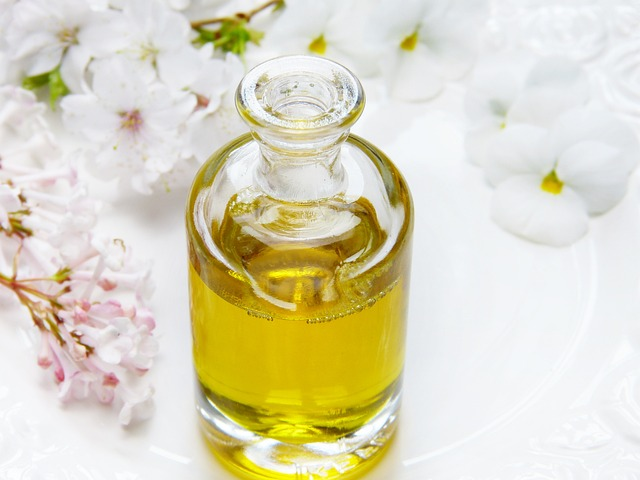
Massage therapy is not merely a practice of manipulating muscles, it brings together various elements to ensure the most soothing and therapeutic experience for the client. Massage oils are what the experience complete. They're more than just slippery substances, they play several essential roles in enhancing the overall massage experience.
1. Lubrication:
At the core of massage therapy is the ability of a therapist to glide their hands over a client's body smoothly. Dry hands on dry skin can lead to uncomfortable sensations on sensitive skin, potentially hindering the massage experience. Enter massage oils!
Smooth Movements: Massage oils ensure the massage therapists hands can move fluidly across the skin. This continuous motion is essential, especially for techniques that require long, sweeping strokes, such as Swedish massage.
Reduces Skin Irritation: Without proper lubrication, the friction created during a massage can lead to skin irritations or exacerbate existing ones. The gentle glide facilitated by natural oils reduces this risk.
Allows for Varied Pressure: A well-lubricated skin surface gives therapists the flexibility to adjust pressure easily, allowing them to work on deeper tissues or give a more gentle massage without any hindrance.
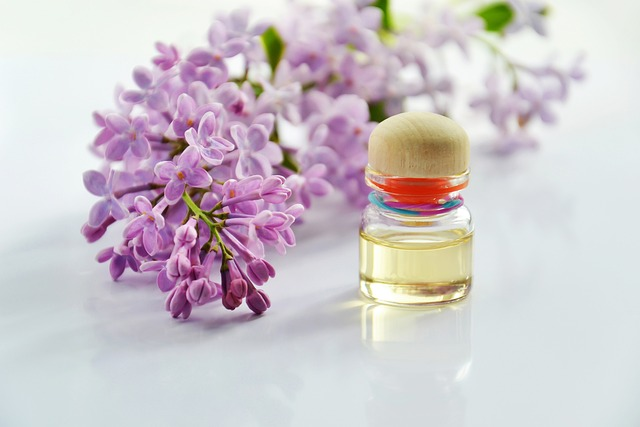
2. Skin Nourishment:
Apart from the primary lubrication function, massage oils often contain ingredients beneficial for skin health.
Hydration: The skin requires regular hydration to remain elastic and healthy. Many massage oils, like coconut oil or organic jojoba oil, have moisturizing properties that can help combat dryness and flakiness.
Vitamins and Antioxidants: Some soothing body oil are packed with vitamins (like vitamin E) and antioxidants, which can help repair skin damage, reduce signs of aging, and promote a radiant complexion.
Natural Healing: Oils such as calendula or tea tree have inherent healing properties, addressing skin issues like minor rashes, acne, or scars during the massage.

3. Enhanced Relaxation:
A massage’s goal often extends beyond physical relief to mental relaxation, and certain oils can elevate this experience.
Aromatherapy Benefits: Essential oils, especially those like lavender oil, chamomile essential oils, or ylang-ylang, have been used in aromatherapy for ages. Their scents can trigger relaxation responses in the brain, aiding in stress and anxiety reduction.
Mood Enhancement: Some scents can elevate mood, like citrus oils and sweet almond oil, which are known to be invigorating and uplifting. Incorporating such massage oil can make the massage session more rejuvenating for the mind.
Deeper Sleep: For those struggling with insomnia or restlessness, lavender essential oil or cedarwood can promote deeper, more restful sleep when used in evening massages.
While the techniques and skills of the therapist play a pivotal role, massage oils amplify the effects of their work. They ensure comfort, promote skin health, and can even transform a simple massage into a holistic experience of relaxation and rejuvenation. Whether you’re on the massage table or giving yourself a relaxing massage, understanding the best massage oils can lead to a more enriching massage experience.

Finding the ideal massage oil can be a journey of trial and error as different oils cater to varied needs and preferences. While the perfect oil blend for a relaxing spa day may not be the same as the one needed for sports therapy to reduce pain, some universal factors play into determining the best fit for sore muscles. Here's an expanded look into these considerations:
1. Viscosity:
Spreadability: The primary function of any massage oil is to provide lubrication, allowing the hands to glide over the skin. An oil's viscosity determines how easily it spreads. Oils with a lower viscosity, like grapeseed oil, spread more easily, while thicker oils, like castor oil, might require more effort.
Duration: If an oil is too thin, it might require frequent reapplication, disrupting the flow of the massage. Conversely, a highly viscous oil might leave the skin feeling excessively greasy, making the aftercare more cumbersome for the client.
Mixability: Some therapists prefer mixing oils, combining the properties of two or more to get the desired viscosity. Knowing which oils blend well is essential to get the ideal consistency.
2. Absorption:
Skin Penetration: The rate at which an oil gets absorbed into the skin can determine its efficacy. Faster-absorbing oils, like jojoba oil or sweet almond oil can hydrate and nourish the skin without leaving a heavy residue.
Deep Tissue Massage: For more profound, intense massages that target deeper muscle layers, slower-absorbing oils are ideal. They ensure that the skin remains lubricated for the extended duration of the therapy, like with olive oil or avocado oil.
After-feel: Some people might not like the sensation of oiliness post-massage. Oils that absorb well leave the skin feeling moisturized but not greasy, enhancing the post-massage comfort.
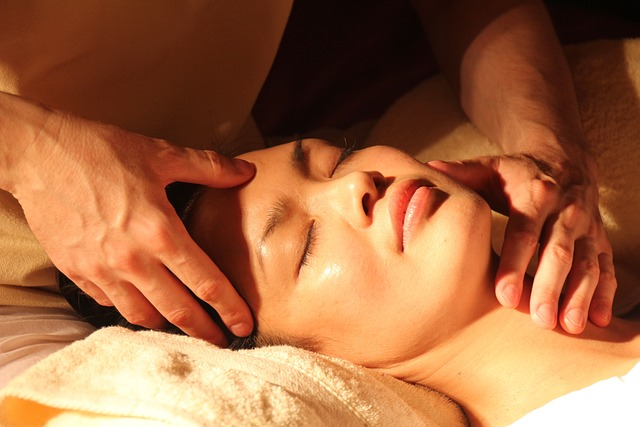
3. Scent:
Personal Preference: The aroma of an oil can significantly impact the massage experience. Some people might find particular essential oil scents off-putting, while others might find them invigorating.
Aromatherapy Enhancement: Oils like lavender, eucalyptus oil or rosemary oil have strong scents and are often used for their aromatherapeutic properties. They not only assist in muscle relaxation but also provide mental calmness and rejuvenation.
Neutral Oils: For those sensitive to fragrances or looking for a more neutral experience, a few drops of unscented oils or those with milder scents, like coconut oil or sunflower oil, might be preferred.
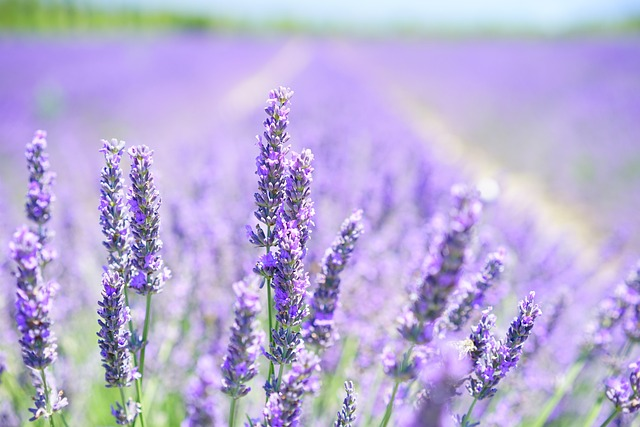
4. Therapeutic Properties:
Anti-inflammatory Benefits: Oils like arnica or turmeric possess anti-inflammatory properties, making them excellent for sore muscles. They can reduce inflammation, promoting faster healing.
Muscle Relaxation: Essential oils like chamomile or rosemary have muscle relaxant properties. When combined with a carrier oils, they can deeply penetrate and soothe muscle tension.
Skin Benefits: Some oils come packed with added skin benefits, such as antioxidative properties and antibacterial properties or vitamins. These oils can aid in skin repair and rejuvenation during the massage.

Ultimately, the best massage oil isn't a one-size-fits-all solution. It requires an understanding of individual needs and the specific challenges presented by sore muscles.
Being armed with knowledge about different oils, their properties, and how they cater to various requirements can make the search not just easier, but also more rewarding.
Eucalyptus Oil: Known for its invigorating scent, eucalyptus oil is also recognized for its anti-inflammatory properties. It can help increase blood flow to sore areas, promoting healing and pain relief.
Lavender Oil: Apart from its famed calming aroma, lavender oil can also relieve muscle spasms and reduce inflammation. This oil is perfect for those looking for both mental relaxation and muscle relief making it the ideal natural therapy oil.
Peppermint Oil: With its cooling sensation, peppermint oil can soothe muscle aches and reduce pain. However, it's potent and is often mixed with a carrier oil.
Arnica Oil: Arnica has been used traditionally to treat bruises and reduce inflammation. As an oil, it penetrates deep into the muscles which is wonderfully pain relieving and joint pain.
Sweet Almond Oil: A popular choice among massage therapists, sweet almond oil is light, non-greasy, and is rich in vitamin E, which can help heal and nourish the skin.
Jojoba Oil: This essential oil mimics the skin's natural sebum, making it an excellent moisturizer. Its anti-inflammatory properties also make it ideal for soothing sore muscles.
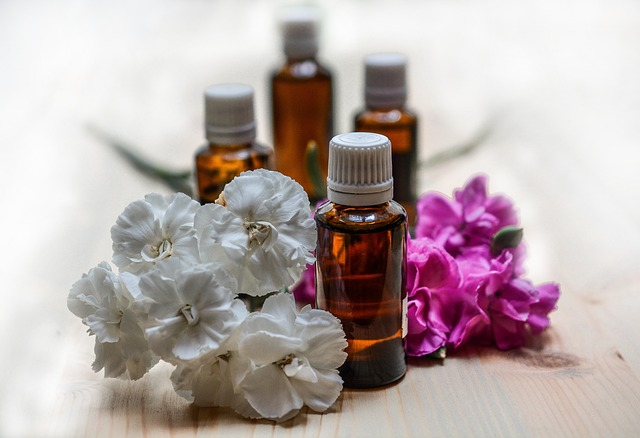
While each oil has its unique properties, blending them can often enhance their therapeutic effects. For example, a combination of eucalyptus and lavender oil can offer both the muscle-relaxing benefits of eucalyptus and the stress-relieving benefits of lavender.
When blending, always ensure you’re using safe proportions and consider doing a patch test first to check for any allergic reactions.

Shankara is commiting to offering fabulously relaxing, 100% natural products. Some highlights you can use include:
Muscle Release Oil: Experience the power of holistic healing! Crafted with a unique blend of natural ingredients, this oil is designed to penetrate deep into sore muscles, providing instant relief and promoting faster recovery. Whether you've had an intense workout, a long day at work, or just need some relaxation, this oil is your perfect massage companion.
Soothing Body Oil: Melt away tension. This oil seamlessly glides over the skin, targeting areas of tension and discomfort. Its luxurious blend nourishes while aiding muscle relaxation, ensuring a deep sense of calm and rejuvenation. Elevate your massage sessions!
Calming Body Oil: Indulge in pure serenity with Shankara's Calming Body Oil. Expertly blended for massage, this oil glides effortlessly, releasing tensions and transporting you to a realm of relaxation. It targets sore muscles, soothes the senses, and pampers the skin. Turn each massage into a blissful escape!
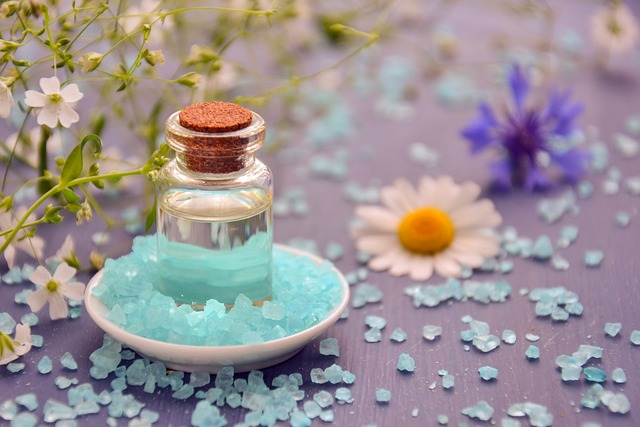
The oils used play a crucial role in enhancing massage and therapeutic experience, offering additional benefits that last long after the massage is over.
By choosing the right oil or combination of oils, you can elevate the healing process, ensuring that the body and mind are equally cared for. Whether you’re a professional therapist or someone looking for relief at home, understanding and investing in the best massage oils is a step in the right direction towards holistic well-being.











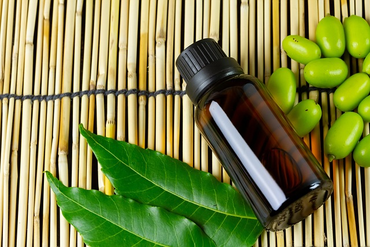
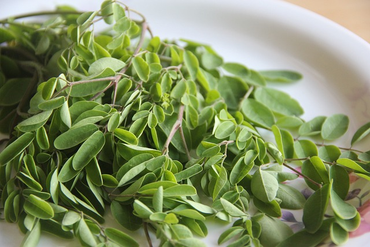
comments (0)